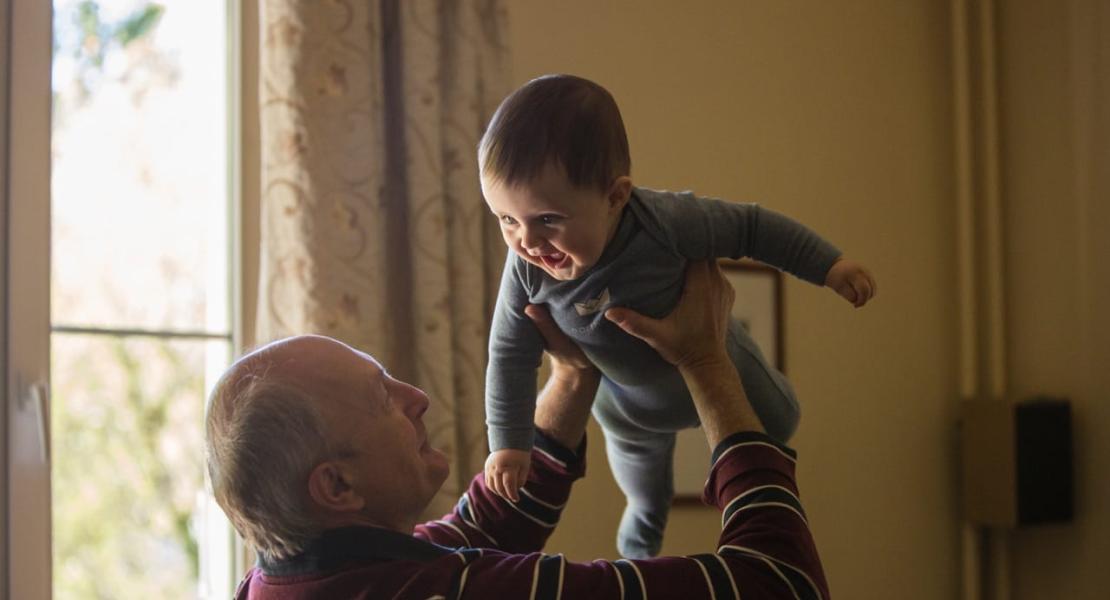Elder, or senior mediation, is a growing and evolving field which is known as an effective way for families and older relatives to address aging issues.

Elder, or senior mediation is a process in which an impartial third party assists older persons, their families, caregivers, and others to have difficult conversations, make decisions and resolve conflicts around transitions that may come with aging and other issues faced by older adults. Mediation is voluntary or can be court ordered and is confidential. Mediation empowers the participants to make decisions that work for them, and frequently enables the older person to remain in the community for a longer period of time. It is a growing and evolving field which is known as the most effective way for families and older relatives to address aging issues. It is the easiest, and least traumatic way for families to address and deal with the issues concerning aging parents and relatives.
Our older population is growing rapidly, living in challenging times, and can benefit from skilled facilitation in initiating difficult conversations and making decisions with family members and others regarding their needs. Elder mediators recognize the need to make appropriate accommodations within the process for possible physical, cognitive and/or social limitations so as to provide maximum effective participation of the parties and promote informed self-determination. Senior mediation services are adapting to offer a continuum of services depending on the needs of the parties.
In addition to discussions about guardianship, elder mediation may involve decision-making around preservation of independence, care giving needs, estate planning, resources in the community and alternatives to guardianship, living arrangements and housing changes, health care, insurance, social security and other public benefits, in addition to other family, consumer, commercial and neighbor conflicts. The mediation may include many people, some of whom may be geographically dispersed. Support persons and advocates may be part of the conversation. Karen L. Vervaecke is trained in this complex area and follows all training standards recommended by The Association for Conflict Resolution's Elder Decision-Making and Conflict Resolution Section.